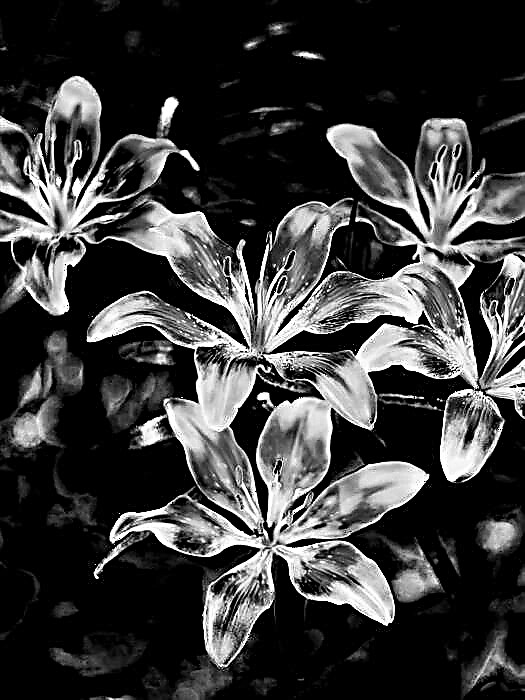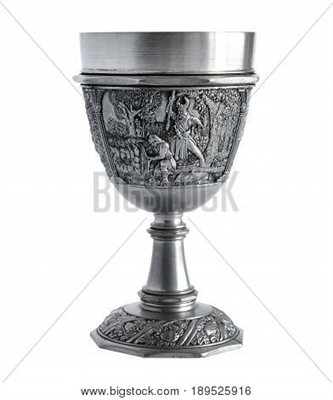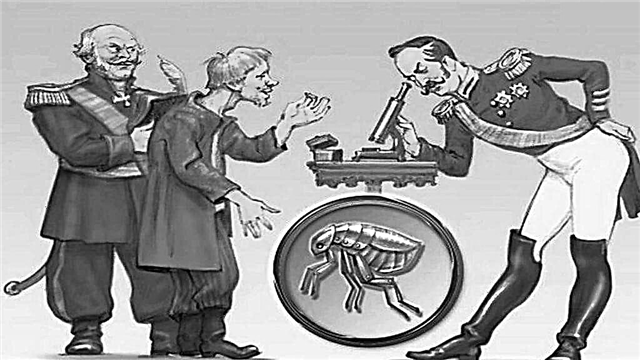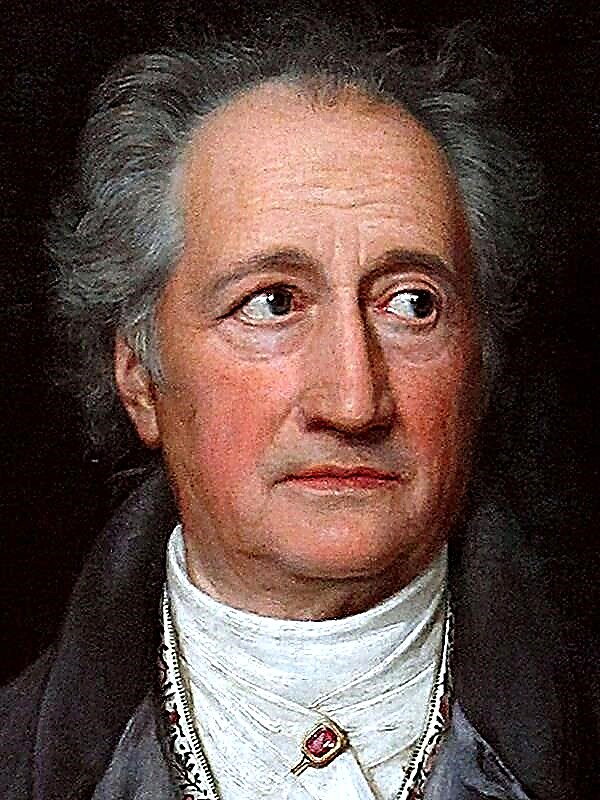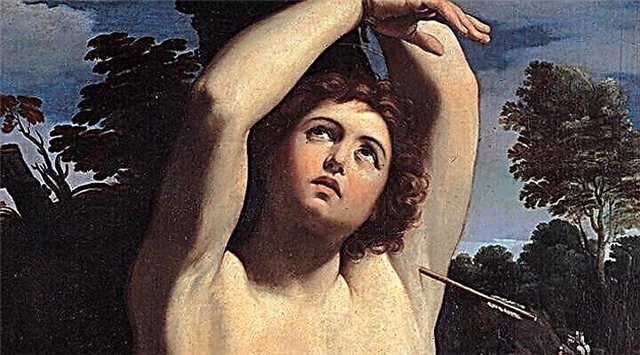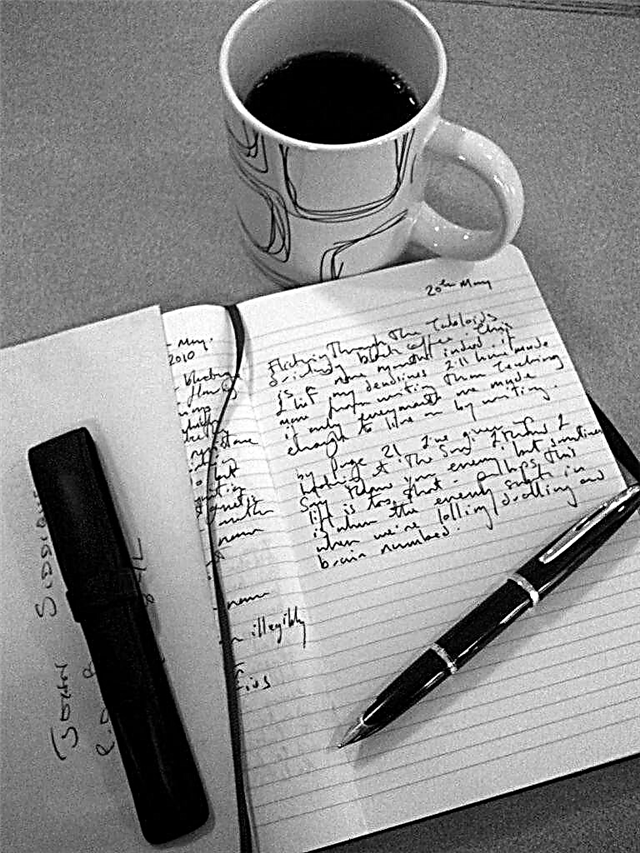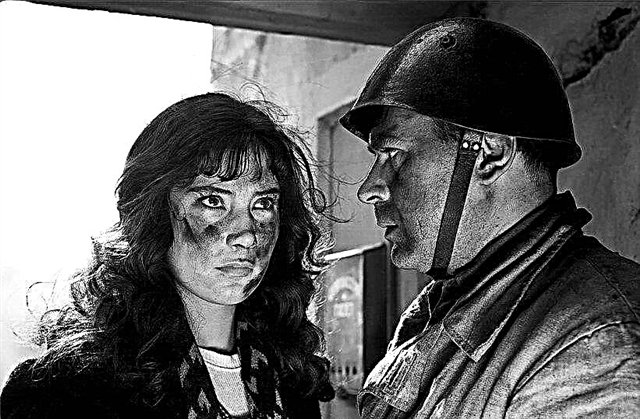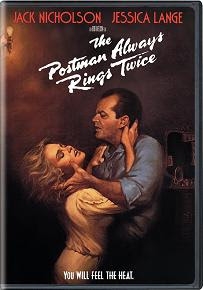In Greece, there were many myths about the exploits of individual heroes, but only four were about such exploits that the heroes from different parts of the country united on. The last was the Trojan War; penultimate - the campaign of the Seven against Thebes; before this - the Calydonian hunt for a giant boar, led by the hero Meleager; and the very first - sailing behind the golden fleece to the distant Caucasian Colchis on the ship "Argo" led by the hero Jason. "Argonauts" means "floating on the" Argo ".
The Golden Fleece is the skin of the sacred golden ram sent down by the gods from heaven. One Greek king had a son and daughter named Frix and Gella, an evil stepmother conceived to destroy them and persuaded the people to sacrifice them to the gods; but the indignant gods sent them a golden ram, and he took his brother and sister far beyond the three seas. Sister drowned along the way, the Strait, the present Dardanelles, began to be called by her name. And the brother reached Colchis on the eastern edge of the earth, where the mighty king Eet, son of the Sun, ruled. A golden ram was sacrificed to the Sun, and his skin was hung on a tree in a sacred grove under the protection of a terrible dragon.
06 this golden rune was remembered for what reason. In northern Greece there was the city of Iolk, two kings argued over power over it, evil and kind. The evil king overthrew the good. The good king settled in silence and obscurity, and he gave his son Jason to the wise centaur Chiron, a half-man half-horse, the tutor of a whole series of great heroes up to Achilles. But the gods saw the truth, and Iason was taken under their protection by the goddess Queen Hera and the goddess master Athena. The evil king was foretold: a man shod on one leg would destroy him. And such a person came - it was Jason. They said that an old woman had met him on the way and asked him to transfer her across the river; he carried it, but one of his sandals remained in the river. And this old woman was the goddess Hera herself.
Jason demanded that the invading king return the kingdom to the rightful king and him, Jason the heir. “Good,” said the king, “but prove that you deserve it.” Frix, who fled to Colchis on a golden-sheep ram, is our distant cousin. Get a golden fleece from Colchis and deliver it to our city - then reign! ” Iason accepted the challenge. Master Arg, led by Athena herself, began to build a ship with fifty oars, named after him. And Jason threw a cry, and from all over Greece, heroes ready to sail began to gather for him. A list of them begins the poem.
Almost all of them were sons and grandchildren of the gods. The sons of Zeus were the twins of Dioscuri, the horseman Castor and the fist fighter Polydeus. The son of Apollo was the songwriter Orpheus, capable of singing to stop the rivers and dance around the mountains. The sons of the North Wind were the Boread twins with wings behind them. The son of Zeus was the savior of the gods and people Hercules, the greatest of the heroes, with the young squire Gilas. The grandchildren of Zeus were the hero Peleus, the father of Achilles, and the hero Telamon, the father of Ajax. And behind them came Argkorabel, and Typhus the helmsman, and Ankey the sailor, dressed in a bear's skin - his father hid his armor, hoping to keep him at home. And behind them - many, many others. Hercules was offered to be the main one, but Hercules answered: "We are gathered by Jason - he will lead us." They made sacrifices, prayed to the gods, moved the ship from the coast to the sea at fifty shoulders, Orpheus rang a song about the beginning of heaven and earth, the sun and stars, gods and titans, - and, foaming the waves, the ship was moving on its way. And after him, the gods look from the slopes of the mountains, and the centaurs with old Chiron, and the baby Achilles in the arms of his mother.
The path lay through three seas, one unknown to the other.
The first sea was Aegean. On it was the fiery island of Lemnos, the realm of criminal women. For unknown sin, the gods sent madness to the inhabitants: husbands abandoned their wives and took concubines, wives killed their husbands and healed the female kingdom, like the Amazons. An unfamiliar huge ship scares them; donning husbands' armor, they gather on the shore, ready to fight back. But the wise queen says: “We will welcome the sailors warmly: we will give them rest, they will give us children.” The madness ends, the women welcome the guests, take them home - the queen herself receives Jason, myths will still be built about her - and the Argonauts stay with them for many days. Finally, the hardworking Hercules announces: "Cause time, fun hour!" - and lifts everyone on the road.
The second sea was the Sea of Marmara: wild forests on the shore, a wild mountain of the frantic Mother of the Gods above the forests. Here the Argonauts had three sites. In the first parking lot they lost Hercules, his young friend Gilas went for water, bent with a vessel over the stream; the nymphs of the stream splashed, admiring its beauty, the eldest of them rose, threw up his hands on his neck and carried him into the water. Hercules rushed to look for him, the Argonauts waited in vain for the whole night, the next morning Jason ordered to sail. The outraged Telamon shouted: “You just want to get rid of Hercules so that his glory does not overshadow yours!” A quarrel began, but out of the waves the prophetic god, Sea Old Man, raised a huge shaggy head. “It is your fate to go further,” he said, “and Hercules to return to those labors and exploits that no one else will do.”
At the next parking lot, a wild hero came to meet them, the barbarian king, the son of the sea Poseidon: he summoned all the riders to a fist fight, and no one could stand against him. From the Argonauts, Dioscur Polydeucus, the son of Zeus against the son of Poseidon, came out against him. The barbarian is strong, the Hellene is adroit - the fierce battle was short-lived, the king collapsed, his people rushed to him, there was a battle, and the enemies fled, defeated.
Having learned the arrogant, I had to come to the aid of the weak. At the last parking lot in this sea, the Argonauts met with the decrepit tsar-diviner Phineus. For old sins - and which, no one even remembers, tell differently - the gods sent him fetid monstrous birds - harpies. As soon as Finaeus sits at the table, harpies fly in, pounce on food that they will not eat, they will spoil, and the king is withering from hunger. The winged Boreads, children of the wind, came out to help him: they fly to the harpies, chase them across the sky, drive them to the ends of the world - and the grateful old man gives the Argonauts wise advice:
how to swim, where to stop, how to escape from dangers. And the main danger is already nearby.
The third sea before the Argonauts is Black; its entrance is between the floating Blue Rocks. Surrounded by boiling foam, they collapse and disperse, crushing everything that falls between them. Phineus ordered:
“Do not rush forward: first release the neck-bird - if it flies, then you will swim, if its rocks are crushed, then turn back.” They released the neck of the neck - it slipped between the rocks, but not quite, the rocks knocked together and pulled several white feathers from its tail. There was no time to think, the Argonauts were leaning on the oars, the ship was flying, the rocks were already moving to crush the stern - but then they feel a powerful push, it was Athena herself who pushed the ship with an invisible hand, and now he was already in the Black Sea, and the rocks behind them stopped forever and became the shores of the Bosphorus.
Here they suffered their second loss: the helmsman Typhus dies; instead, Ankei in a bear's clothing, the best sailor of the survivors, takes over the rule. He leads the ship further along the outlandish waters, where the god Apollo himself strides from island to island in front of people, where Artemis-Moon is bathing before ascending to heaven. Sailing past the shores of the Amazons, who live without husbands and cut their right breasts to make it easier to beat from onions; past the houses of the Forge Shore, where the first ironmakers on earth live; past the mountains of the Shameless Shore, where men and women converge like cattle, not in houses, but on the streets, and objectionable kings are imprisoned and starved; past the island, over which copper birds swirl, showering deadly feathers, and they need to be protected from them with shields over their heads, like tiles. And now the Caucasus Mountains are already visible in front, and the groan of Prometheus crucified on them is heard, and the wind blows from the wings of the tormenting titanium eagle, which is bigger than the ship itself. This is Colchis. The path is passed, but the main test is ahead. Heroes do not know about this, but Hera and Athena know and think how to save them. They go for help to Aphrodite, the goddess of love: let her son Eros inspire the Colchian princess, the sorceress Medea, passion for Jason, let her help her lover against her father. Eros, a winged boy with a golden bow and fatal arrows, squats in the garden of the heavenly palace and plays grandmothers with his friend, the young butler of Zeus: cheating, winning and gloating. Aphrodite promises him a toy for the service - a miracle ball of gold rings, which once played the baby Zeus, when he was hiding in Crete from the evil father of his Cronus. "Give it right away!" - asks Eros, and she strokes his head and says: "First do your thing, and I won’t forget." And Eros flies to Colchis. The Argonauts are already entering the palace of Tsar Eet - it is huge and magnificent, in the corners of its four springs - with water, wine, milk and butter. The mighty king goes out to meet the guests, at a distance behind him - the queen and the princess. Standing at the threshold, little Eros pulls his bow, and his arrow without a miss falls into Medea’s heart: “Numbness gripped her - / An arrow was burning right under my heart, and my chest was worried, / The soul melted in the sweet flour, forgotten everything / Looks, shining, they strove for Jason, and her delicate cheeks / Against her will either turned pale, then blushed again. "
Jason asks the king to return the Golden Fleece to the Greeks - if necessary, they will serve him as a service against any enemy. “I can handle the enemies alone,” the son of the Sun haughtily answers. - And for you I have a different test. I have two bulls, copper-footed, copper-footed, fire-breathing; there is a field dedicated to Ares, the god of war; there are seeds - dragon teeth, from which warriors in copper armor grow like ears of corn. "At the dawn, I harness the bulls, sow in the morning, gather the harvest in the evening - do the same, and the fleece will be yours." Jason accepts the challenge, although he understands that for him it is death. And then the wise Arg said to him: "Ask Medea for help - she is a sorceress, she is a priestess of the underground Hekate, she knows secret potions: if she does not help you, then no one will help."
When the ambassadors of the Argonauts come to Medea, she sits without sleep in her tower: it’s scary to betray her father, it’s scary to ruin a wonderful guest. “Shame keeps her, but impudent passion makes her go” towards her lover. “The heart in her chest from the excitement often pounded, / It beat like a sunbeam reflected by the wave, and tears / Were in the eyes, and the pain spread like fire through the body: / That she said to herself that a magic potion / Will, then again that will not, but will not stay, either. "
Medea met Jason at the Temple of Hekate. Its potion was called “Prometheus root”: it grows where drops of Prometheus’s blood fall on the ground, and when it is cut off, the earth trembles, and the titan emits a moan on the rock. She made an ointment from this root. “Rub it with her,” she said, “and the fire of copper bulls will not burn you.” And when copper latniks sprout from the dragon’s teeth in the furrows - take a stone block, throw it in their thick, and they will quarrel and kill each other. Then take the fleece, leave soon - and remember Medea. " “Thank you, Princess, but I'm not leaving alone - you will go with me and become my wife,” Iason answered her.
He fulfills the order of Medea, becomes powerful and invulnerable, oppresses the bulls under a yoke, sows a field not touched by either copper or fire. Warriors emerge from the furrows - first spears, then helmets, then shields, the splendor rises to heaven. He throws a stone into the thick of them, which cannot be raised as big as a millstone by four — a battle begins between the warriors, and he cuts the survivors himself like a reaper on the harvest. Argonauts triumph, Jason awaits a reward for himself - but Medea feels:
rather, the king will kill the guests than give them the treasure. At night, she runs to Jason, taking only her miraculous herbs with her: “We follow the rune - only we two, we can’t do the others!” They enter the sacred forest, a fleece shines on the oak, a sleepless dragon curled around the rings, his snake body walks in waves, hissing spreads to distant mountains. Medea sings spells, and the waves of his twists become quieter, calmer; The medea of the juniper branch touches the dragon’s eyes, and its eyelids close, its mouth falls to the ground, the body stretches into the distance between the trees of the forest. Jason rips off the fleece from the tree, shining like lightning, they enter the ship, hidden near the shore, and Jason cuts down the moorings.
The escape begins - in a roundabout way, along the Black Sea, along the northern rivers in order to lead the pursuit out of the way. At the head of the chase is the brother of Medea, the young heir to Eet; he catches up with the Argonauts, he cuts the path for them, he demands: "The fleece is for you, but the princess is for us!" Then Medea calls his brother for negotiations, he comes out alone and dies at the hands of Jason, and the Greeks smash the colchians deprived of the leader. While dying, he sprinkles blood on his sister's clothes - now on Iason and the Argonauts the sin of treacherous murder. The gods are angry: storm after storm falls upon the ship, and finally the ship says to the swimmers in a human voice: "There will be no way for you until the queen-sorceress Kirka, daughter of the Sun, the western sister of the eastern Colchian king cleans you of corruption." King Eet ruled where the Sun rises, Queen Kirk - where it sets: the Argonauts sail to the opposite side of the world, where Odysseus will visit a generation later. A pickaxe makes a purification - sacrifices a pig, it removes the blood of the murdered person from the killers with his blood - but refuses to help: he doesn’t want to anger his brother or forget his nephew.
Argonauts wander through the unknown western seas, through the future Odyssey places. They swim through the Aeolian islands, and the king of the winds of Aeolus, at the request of Hera, sends them a tailwind. They swim to Skilla and Charybdis, and the sea goddess Thetis - mother of Achilles, wife of the Argonaut Peleus - heaves the ship on the wave and throws it so high through the sea gorge that neither one nor the other monster can reach them. They hear from afar the enchanting singing of Sirens, luring sailors to the cliffs - but Orpheus strikes the strings, and, having heard it, the Argonauts do not notice the singing predators. Finally, they make their way to the happy land of the feacs - and unexpectedly encounter a second Colchis chase here. “Return us Medea!” - the pursuers demand. The wise Theakian king replies: “If Medea is the runaway daughter of Eet, then she is yours. If Medea is Jason’s lawful wife, then she belongs to her husband, and only to him. ” Immediately secretly from the pursuers, Jason and Medea celebrate the long-awaited wedding - in the Theakian sacred cave, on the bed, shining with a golden fleece. The Argonauts float further, and the chase is left with nothing.
Already very little is left to the native coast, but here the last, most difficult test, falls on the Argonauts. A storm breaks out, for nine days it carries a ship across all the seas and throws it into a dead bay on the edge of the desert off the coast of Africa, from where there is no way for ships: the shallows and currents block the path. Having overcome the sea and getting used to the water, the heroes managed to wean from the land - even the helmsman Ankey, who led the ship through all the storms, does not know the way from here. The gods indicate the way: a sea horse with a golden mane is taken out of the waves and rushes across the steppe to an unknown coast, and after it, having put the ship on its shoulders, worn out, staggered, tormented argonauts. The transition lasts twelve days and nights - more heroes died here than in all the way: from hunger and thirst, in clashes with nomads, from the poison of sand snakes, from the heat of the sun and the severity of the ship. And suddenly, on the last day after a sandy hell, a blossoming paradise opens:
a fresh lake, a green garden, golden apples and virgin nymphs crying over a dead huge snake: “The hero came here in the lion's skin, killed our snake, stole our apples, split a rock, let it flow from it to the sea”. Argonauts rejoiced:
they see that even having left them, Hercules saved his comrades from thirst and showed them the way.First along the stream, then along the lagoon, and then through the strait into the open sea, and the good sea god pushes them into the stern, splashing with a scaly tail.
This is the last stage, here is the threshold of the native sea - the island of Crete. He is guarded by a copper giant, driving away ships with stone blocks - but Medea comes to the side, stares at the giant with a numbing look, and he freezes, recoils, trips a copper heel on a stone and collapses into the sea. And, having stocked up fresh water and food on Crete, Jason and his comrades finally reach their native shores.
This is not the end of the fate of Jason and Medea - Euripides wrote the terrible tragedy about what happened to them later. But Apollonius did not write about one or two heroes - he wrote about a common cause, about the first pan-Greek great campaign. Argonauts go ashore and disperse in their homes and cities - the poem "Argonautics" end.

